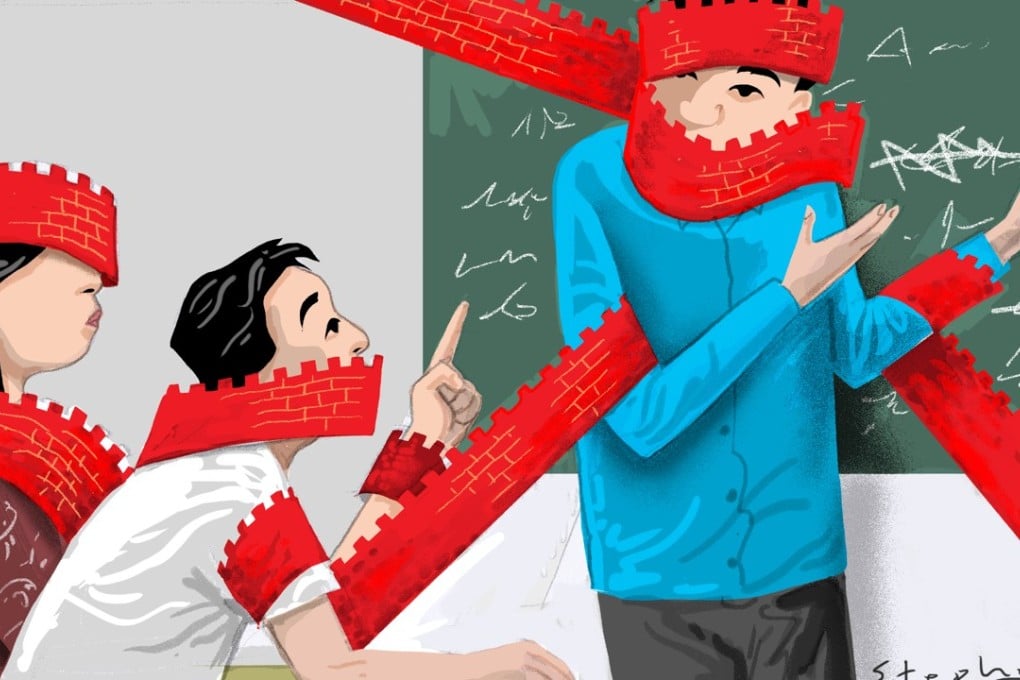Advertisement
As Communist Party censors ban all criticism in China’s classrooms, what remains?
Audrey Jiajia Li says the Chinese ‘rectification campaign’ to ensure ideological purity is being exported beyond its borders, and is a cause for concern in being reminiscent of Mao-era zealotry
Reading Time:4 minutes
Why you can trust SCMP
0

“Why have our schools failed to produce world-class geniuses?” This was the famous question Dr Qian Xuesen asked in 2005 when then premier Wen Jiabao visited him. Dr Qian was a prominent Chinese scientist who studied and worked at MIT/Caltech in the US in the 1930s and subsequently returned to China to help lead its nuclear and space programmes.
Just over a week ago, the Cambridge University Press (CUP) took down over 300 academic articles from a China Quarterly website, at the request of the Chinese government, to avoid having the entire website blocked in China.
The China Quarterly is a leading scholarly journal that has been in print since the 1960s. The materials removed included those related to a wide range of topics deemed politically sensitive by the Chinese authorities, from the Tiananmen Square crackdown, Tibet, Xinjiang, and Hong Kong to Taiwan and the Cultural Revolution.
The move triggered sharp criticism worldwide, mainly because such a reputable Western publisher had gone this far to bow to pressure for accessing the Chinese market, and that China is now exporting its notorious censorship.
Bravo to Cambridge University for its U-turn on China’s censors
Three days later, the CUP reversed its decision and informed the China Quarterly to repost banned papers immediately. Meanwhile, the Journal of Asian Studies, another academic publication of the CUP, also claimed it was asked to remove about 100 “politically sensitive” articles from its website hosted in mainland China: it had said no.
Advertisement